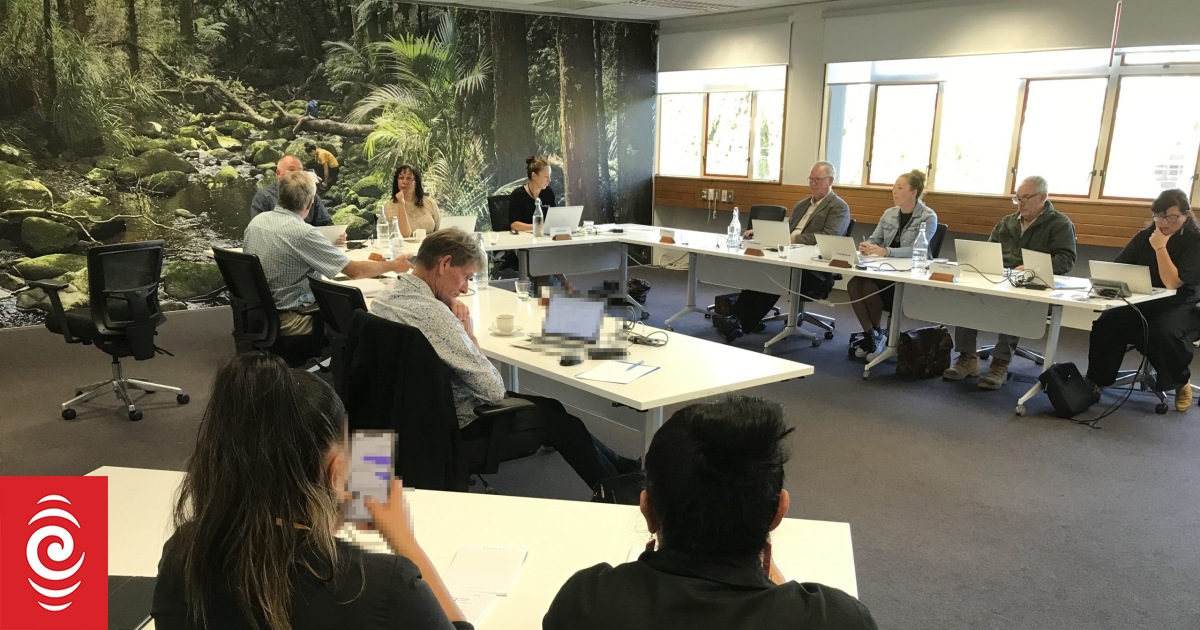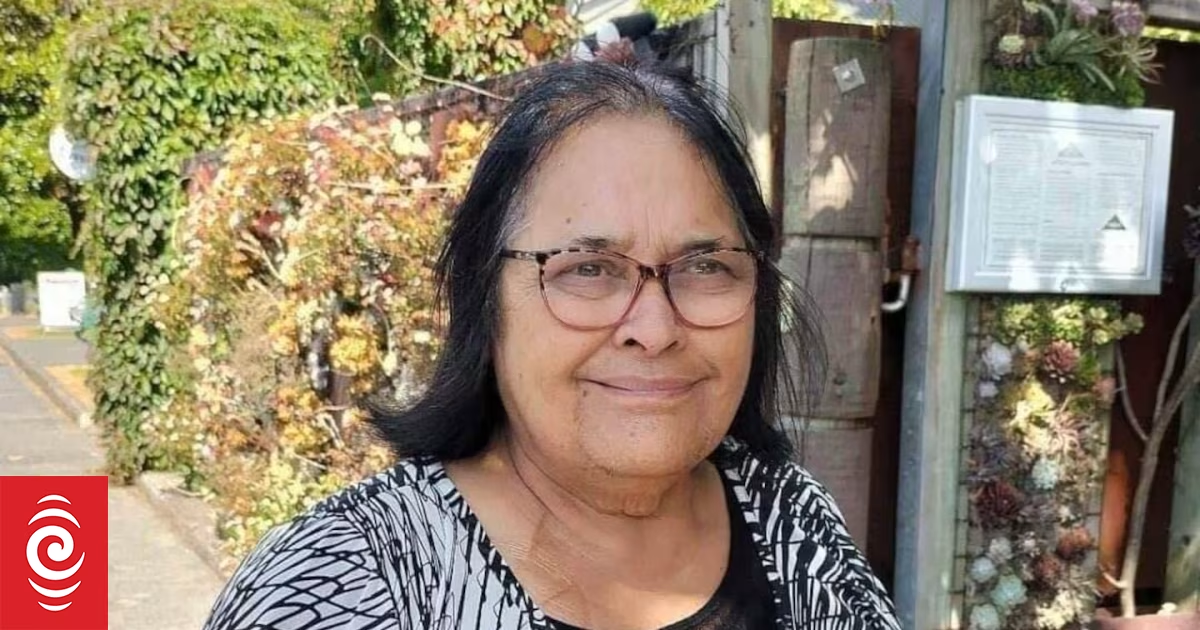The Commerce Commission will look into fuel price variations across the country, including why Whangārei has some of the most expensive petrol in the country.
The Commerce Commission is to look into fuel price variations across the country, including in Whangārei, after the district’s mayor asked it to investigate why prices were among the highest in the country.
And the Automobile Association is keen to find out the commission’s results, as it is ‘’at a loss’’ to explain why Whangārei has some of the most expensive fuel.
Last month the Northern Advocate revealed that fuel prices in Whangārei were up to 40 cents a litre more expensive than other parts of the country, with even petrol stations further north being cheaper. Even Auckland, which has an extra 10c-a-litre fuel tax, is cheaper.
The situation had already prompted Mayor Vince Cocurullo to write to the commission to see what it can do about what he calls “unfairness”.
Advertisement
The petrol companies said fuel prices are set by a number of factors, including product cost, exchange rates, transportation, retailing costs and local market competition.
A Mobil spokesperson said setting prices was a balancing act between the immediate effects and influences of the market versus the longer-term outlook for its business and the industry.
A Z and Caltex spokesperson said their pricing is localised, meaning prices could be different at service stations within regions or even the same towns based on a range of factors such as property overhead costs or local competition. Based on a combination of factors, these differences can be significant.
A BP spokesperson said there were several factors that influenced prices and it reviewed prices daily to ensure competitiveness.
Advertisement
In response to the Northern Advocate, the commission said the Fuel Industry Act did not allow it to control or set fuel prices. Under the fuel regime, wholesalers and distributors must provide information that helps the commission monitor and report on the competitive performance of the fuel market, “including whether we see signs of competition improving over time”.
‘’It is designed to promote competition, particularly in wholesale fuel markets, and this is intended to ultimately benefit New Zealand motorists,’’ a spokesperson said.
‘’We are in the early stages of our fuel monitoring, having published the first two quarterly reports so far and a third due shortly, with a primary focus initially on understanding the market dynamics in the five largest cities in New Zealand.
“The reports show the level of variation in price at the pump we are observing, between retail sites and between markets. The drivers of price variation are complex and could be influenced by a range of factors including levels of competition, the capital or operating costs of retail sites and consumer behaviour.’’
The spokesperson said price transparency and understanding price variability also helped to empower consumers when making decisions to help drive competition. Consumers’ choice on where and when they buy their fuel can significantly impact competition that can drive lower pump prices for all.
‘’We will be undertaking further analysis in future quarters to help us to better understand this price variation across New Zealand, particularly the regions and this will cover Whangārei.’’
Cocurullo said he was pleased the commission was looking into the price disparities, but he wanted action, rather than it becoming “another talk fest”.
He said the situation was unfair to Whangārei people as high petrol costs impacted every aspect of their lives, from the price they pay for products to how much it costs to get to and from work, school or study.
‘’We need something concrete done and not just more talking. I’d like them to get the fuel companies to tell us just how they come up with their fuel prices and how they can justify such big discrepancies, even in towns just a short distance apart,’’ Cocurullo said.
/cloudfront-ap-southeast-2.images.arcpublishing.com/nzme/ASSW5SVCHZF2BNXLDDUQORKXKU.JPG)
New Zealand Automobile Association principal policy advisor Terry Collins said the organisation would also be keen to hear the results of any survey the commission does on fuel price differences.
Advertisement
‘’We’ve got a free market so there are no price settings. The Government does have the authority to set wholesale fuel prices, but it can’t interfere with retail prices.’’
He said more competition in a market usually led to cheaper fuel prices, but it appeared that was not an issue in Whangārei, which had multiple outlets from six different suppliers.
Volume of sales was another aspect the companies looked at, so if one supplier was losing some of that volume in a market it would cut costs to try to get that back.
‘’But I’m at a loss as to why the prices are higher in Whangārei than other places and I’d like somebody to explain that. We’ll be interested to see what the commission finds in that survey and will be watching the results closely.
‘’Like anything in business people will charge what they think the market can sustain, so I’m looking forward to the Commerce Commission’s report to explain why.’’



